Increase Student Success with Our Student Engagement Platform
By leveraging Mentor Collective's student engagement platform, you ensure your institution is equipped to provide students with high-impact relationships from the point of admission through post-graduate life.
On average, partner institutions have experienced:
- 5.67% increase in student retention
- 30% melt rate reduction
- 8.06% increase in sense of belonging
Request Consultation
Leveraging Our Student Engagement Platform
Every day counts in keeping students on track to graduate, which is why your Mentor Collective team will work with you to ensure your mentorship program is live as fast as possible. Our student engagement platform provides you with authentic insights into your students that can be configured to meet your campus’ specific needs.
Relevant Relationships
80+ matching points allows for meaningful connections that make students feel seen
Real-Time Insights
Learn when students feel disconnected and are struggling with academic confidence & belonging
Foster Help-Seeking
Give students a space to connect on academic struggles, mental health, and financial worries with a trusted peer
Be Student-Centered
Further strategic missions with configurable program designs and data that reflects real student challenges
Using Mentor Collective for Student Engagement

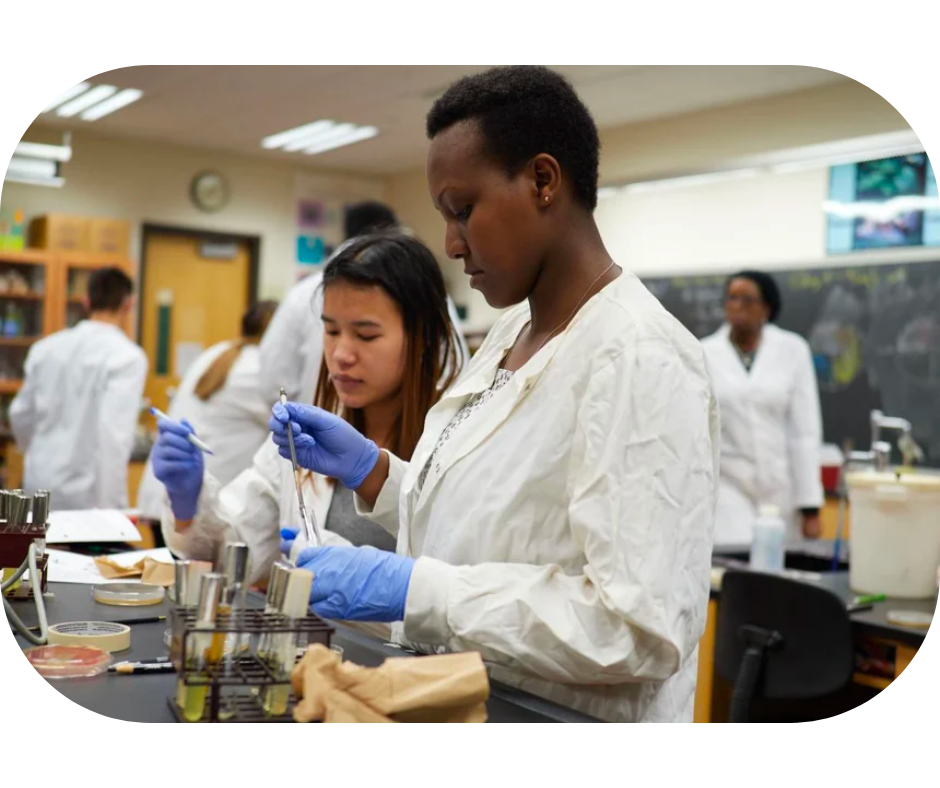
Onondaga Community College Fosters Belonging & Culture of Care with Peer Mentorship
Peer and alumni mentorship increases sense of belonging & academic self-efficacy for diverse student community

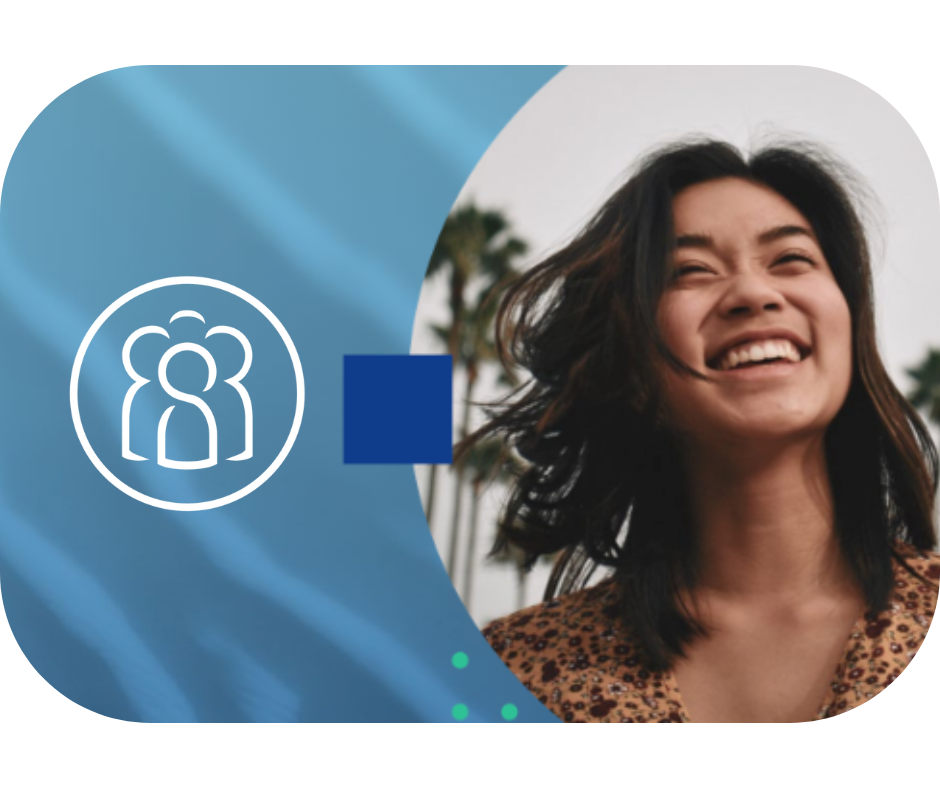
Ed Tech for Equity: Scaling Peer Mentorship to Close Postsecondary Equity Gaps
Case studies from two- and four-year
institutions show how Mentor Collective
advances student success strategies

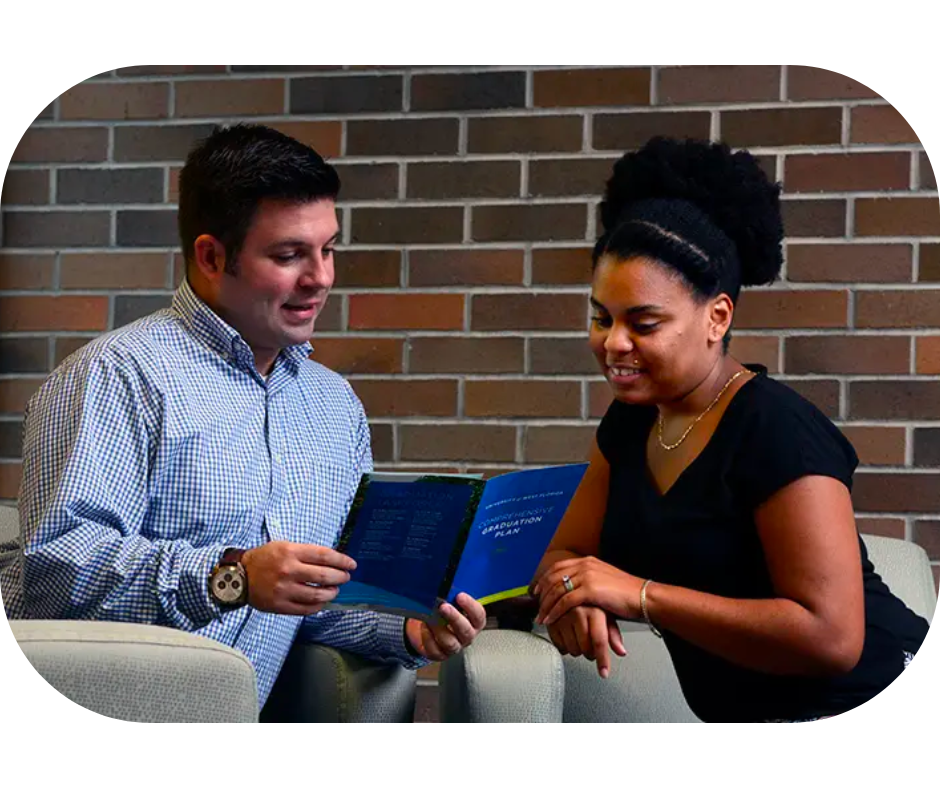
UWF Significantly Improves Retention with Addition of
Purposeful Peer Mentorship
The “Surround & Support” mentorship model reaches historically underserved student populations
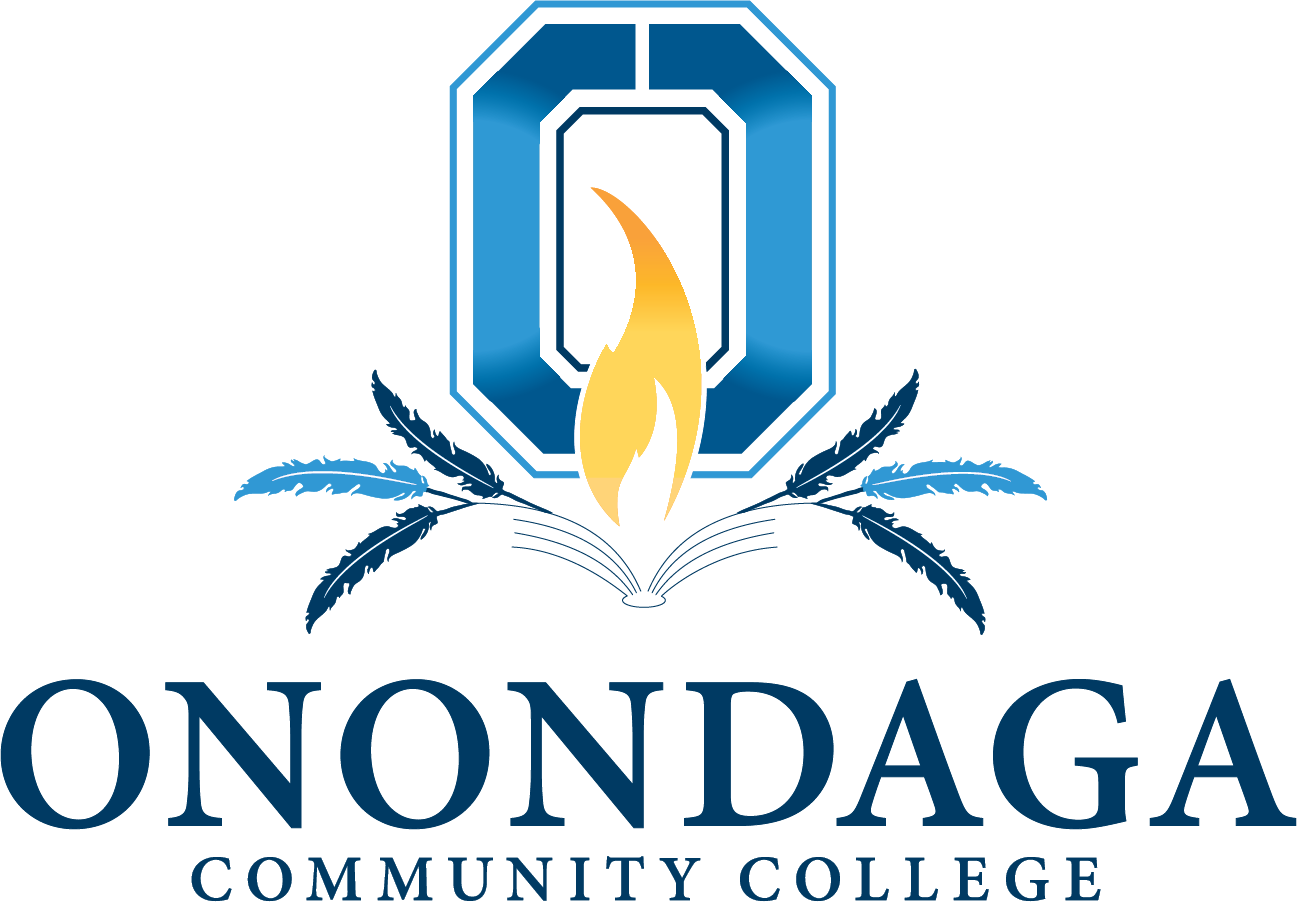
“A community college student has a lot going on. They’re potentially living at home, working a part-time job, going to school full-time. They might not be able to commit to the traditional student leadership role, like being a resident assistant or being involved in student government. This provides them with the ability to be able to mentor somebody, to feel like they’re developing leadership skills, and feel like they’re doing something outside of the classroom. Those are the types of students we’re seeing signing up to be mentors.”
Dean Tzivanis, Professional Advisor, Onondaga Community College
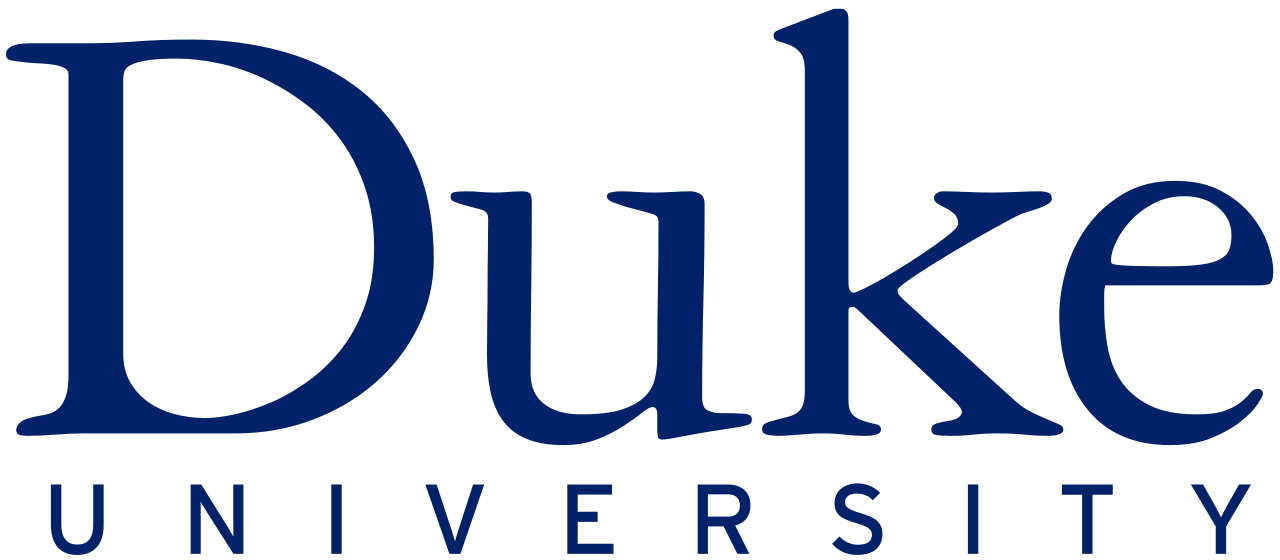
“Effortless Perfection, that version of imposter syndrome, cuts across all groups here at Duke. Everyone experiences it; students, staff, professors. What it means is having the expectation to accomplish it all – the perfect grades, internship, etc –but to do it in a way that lacks visible effort. What I find is that my FGLI students don’t know that it’s a myth. They don’t know it’s a performance…Being able to have a peer mentor, someone they trust, that says ‘this isn’t real’ has been really helpful in intervening in that culture.”
Dr. Sachelle Ford, Director of DukeLIFE, Duke University
Ready to accelerate your student engagement?

